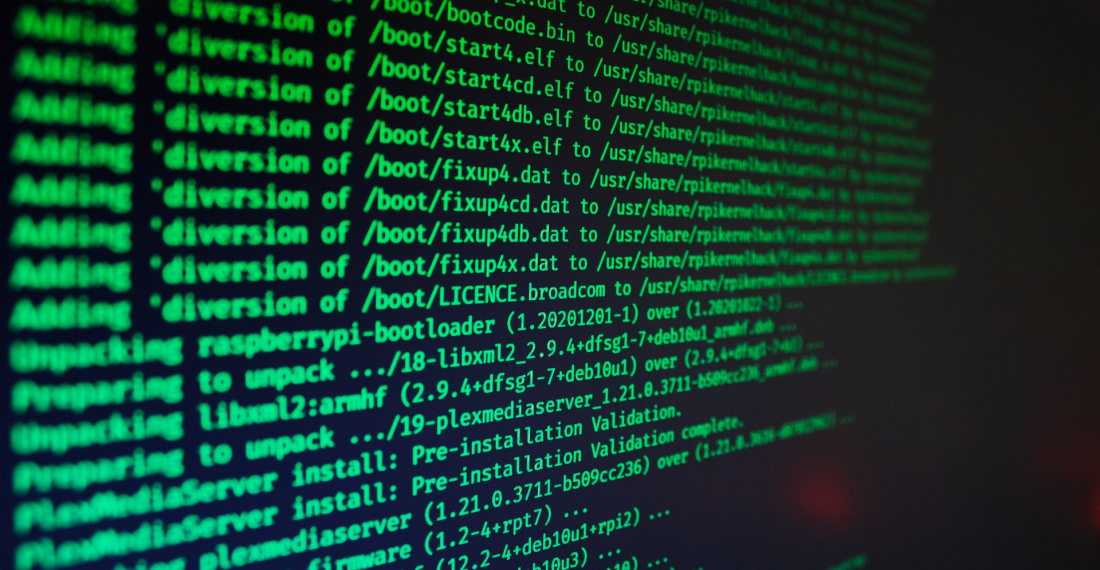The European Union and its Member States strongly denounced malicious cyber activities against it originating in Russia. "We urge the Russian Federation to adhere to the norms of responsible state behaviour in cyberspace", the EU and its member states said in a statement on Friday.
The EU has accused Russia of targeted cyber attacks on several Member States. The 27-member bloc demanded that the "malicious cyber activities" stop immediately, and urged Moscow to take responsibility. The High Representative of the EU for Foreign Affairs and Security Policy Josep Borrell said in a statement issued on Friday (24 September) that "such activities are unacceptable as they seek to threaten our integrity and security, democratic values and principles and the core functioning of our democracies."
A Russian group called Ghostwriter, which is is well-known for spreading disinformation, is considered responsible for the cyber attacks on members of parliament, government officials, politicians, journalists and civil society organisations. The hackers seek access to computer systems, personal accounts and data.
The European Union previously sanctioned a group of Russian hackers for breaking into the computer network of the German Bundestag in 2015. Data was stolen and even Chancellor Angela Merkel's email account was not safe.






